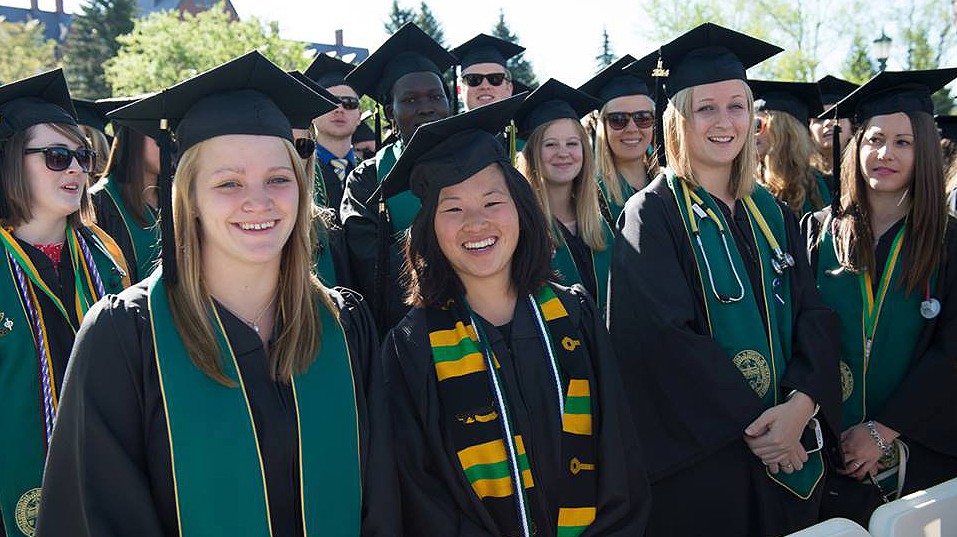By Gregory Dunkling
There is much media coverage highlighting the demands of today’s global economy, and the 21st century skills that college graduates need to succeed in today’s job market. Top economists and corporations around the world agree that one of the most threatening factors on world economies is a shortage of globally-competent workers. More than ever, whether you are in the United States or abroad, international work experience is highly valued.
It’s interesting to compare the high unemployment rates for college graduates and, at the same time, read about businesses who have jobs available but unable to find job seekers with the right skills to fill these positions.
In the Job Preparedness Indicator Survey prepared by the Career Advisory Board for Devry University, employers indicated one of the key gaps is in “Global Outlook.” Defined as one the top five attributes they seek in an employee, many companies also report that entry job applicants too often lack this experience and skill.
There are varying definitions of Global Skills, but most definitions include the following characteristics:
- Global communication skills – Being able to communicate across cultures, including foreign language proficiency.
- Global insight – Understanding and acceptance of different cultures, religions, economies, governments, and global issues.
- Self-initiative – Capacity to take risks and not stand on the sidelines.
- Global perspectives – The ability to communicate one’s own perspectives as well as the perspectives of others.
While any internship experience is better than no experience, limiting yourself to domestic internship opportunities may not offer the best professional training to compete against other graduates.
Global outlook and competency really require that individuals leave their home country and gain exposure in a foreign work environment and culture. Committing to this experience may mean a larger investment in time and money, but considering the very small percentage of students who participate in foreign internships, it could mean much higher returns.
Consider the following when exploring domestic or internship internships:
According to the National Association for Colleges and Employers:
- Students with internships are in demand…73.7 percent of employers prefer to hire candidates with relevant work experience (NACE 2012 Job Outlook).
- Students with global internships have better odds of getting hired…42.3 percent of students with an internship experience receive at least one job offer versus 30.7 percent of students without an internship.
- Students with internships make more money…the starting salary for students with an internship experience is over 20 percent higher.
How can universities best assist students in gaining this valuable global experience and perspective? And from the student perspective, what are the greatest barriers for gaining access to global internship opportunities?
Gregory Dunkling is chair of the Global Team at University of Vermont Continuing and Distance Education, which manages UVM’s faculty-led programs abroad. Greg has worked with UVM faculty to establish UVM’s Oaxaca and Belize semester abroad programs, and focused on developing and leading programs in China for the past six years.





